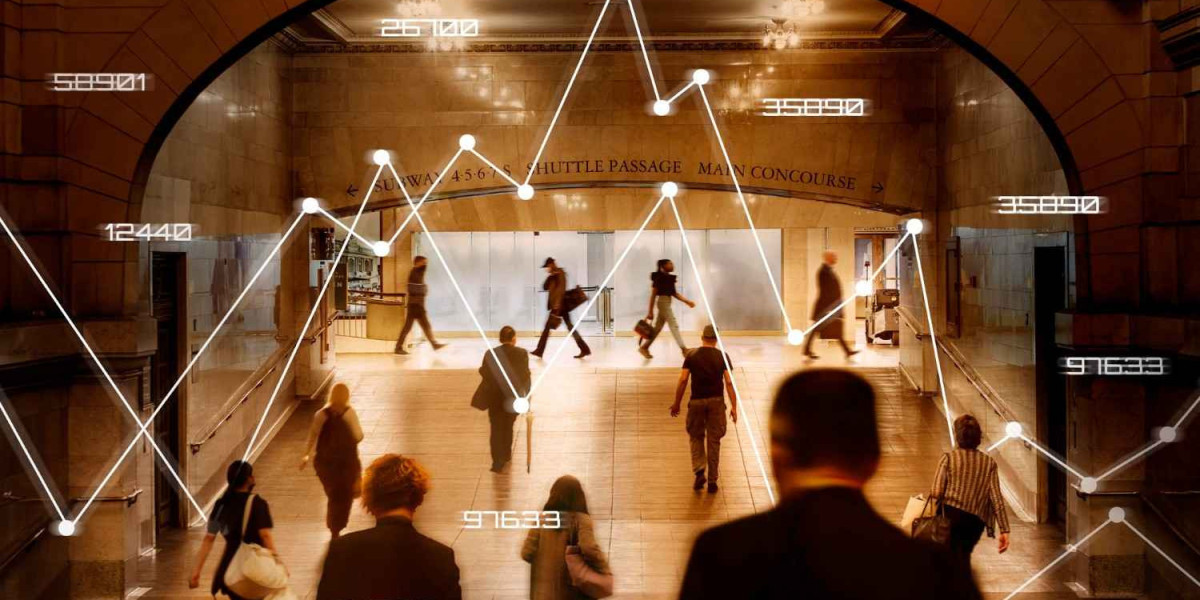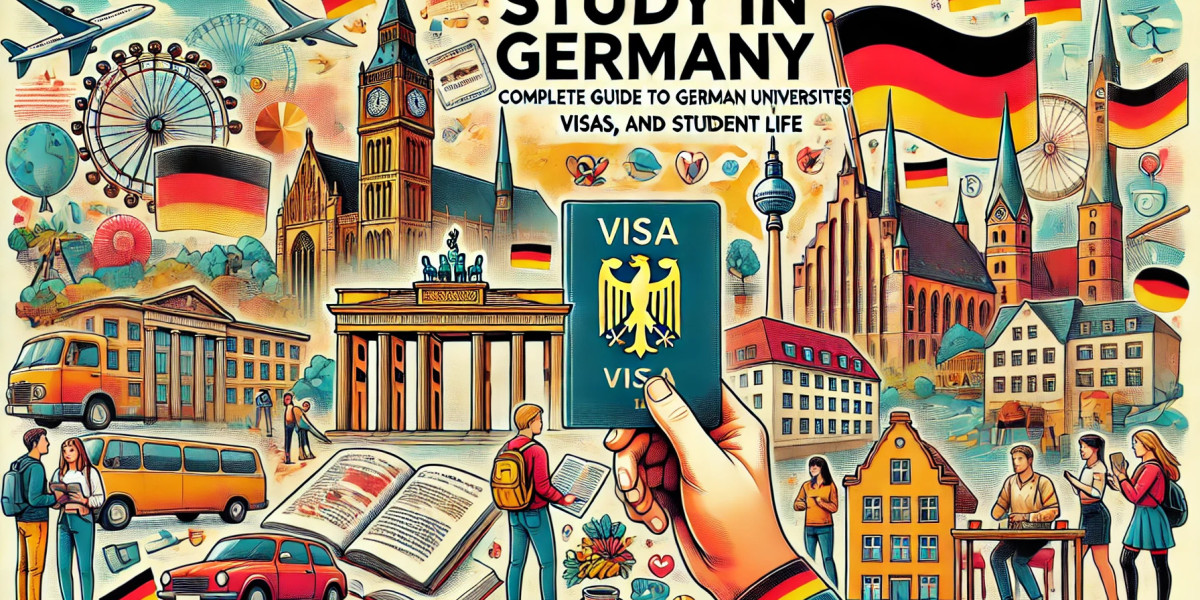The event marketing landscape has undergone a dramatic shift in recent years. The global pandemic forced a pivot towards virtual experiences, but with restrictions easing, the industry is experiencing a resurgence of in-person events. However, the future of event marketing isn't a binary choice. Instead, it's a strategic blend of physical and digital experiences – a hybrid approach that caters to a wider audience and maximizes engagement. Explore Best SalesTech Insights And SalestTech News.
Here, we explore the top event marketing trends shaping the industry in 2024 and beyond:
1. The Rise of Hybrid Events
Hybrid events are no longer a novelty. They are now a core component of successful event strategies. This format allows organizers to cater to a global audience, offering the immersive experience of in-person events alongside the accessibility and convenience of virtual participation.
For the in-person component, technology plays a vital role in enhancing the experience. Live streaming keynotes and sessions allow virtual attendees to stay connected, while interactive tools like QA platforms and polls foster engagement across both audiences. Hybrid events also offer exciting sponsorship opportunities, with virtual booths and gamified experiences alongside traditional physical sponsorships.
2. Focus on Personalization and Community Building
The success of any event hinges on audience engagement. In today's data-driven world, personalization is key. By leveraging event technology and attendee data, organizers can tailor content, recommendations, and networking opportunities to each participant's interests.
Building a strong event community goes beyond the event itself. Utilize social media platforms and dedicated online communities to foster pre-event anticipation, encourage discussions during the event, and extend the conversation post-event.
3. Interactive and Immersive Experiences
Static presentations are a thing of the past. Audiences crave interactive and immersive experiences that leave a lasting impression.
- Interactive Sessions: Incorporate gamified elements, polls, QA sessions, and breakout rooms to boost audience participation and knowledge retention.
- Virtual Reality (VR) and Augmented Reality (AR): These technologies can be used to create engaging experiences, product demonstrations, or even virtual tours of event venues.
- Interactive Booths: For both physical and virtual elements, design interactive booths that showcase products, allow attendees to experiment, and facilitate interaction with representatives.
4. Leveraging Salestech and Infotech for Streamlined Operations
Event technology, or "salestech" as it's often referred to in the B2B space, plays a crucial role in streamlining event operations and maximizing ROI.
- Event Management Platforms: Utilize platforms that handle registrations, ticketing, logistics, speaker management, and even budget tracking.
- Data Analytics: Leverage event data to understand attendee demographics, interests, and engagement levels. This data can be used to personalize future events, optimize marketing campaigns, and measure success.
- Marketing Automation: Implement marketing automation tools to send targeted pre-event emails, nurture leads, and follow up with attendees after the event.
5. Sustainability Comes to the Forefront
Sustainability is a growing concern, and event organizers are increasingly incorporating eco-friendly practices. This can include using recyclable materials, opting for local vendors, and offering carbon offset programs. Consider virtual or hybrid events to reduce travel emissions.
Staying Ahead of the Curve with Ciente
The event marketing landscape is constantly evolving. To stay ahead of the curve, event professionals need to stay informed about the latest trends and technologies.
Ciente, a top source for tech news and market insights, provides valuable resources and industry analysis to help event professionals navigate the ever-changing landscape. By subscribing to Ciente's newsletters and reports, you'll gain insights on emerging trends, success stories, and best practices in event marketing.
In Conclusion
The future of event marketing lies in a strategic blend of virtual and physical experiences. By embracing hybrid formats, focusing on personalization, creating interactive elements, and leveraging technology, event professionals can create engaging experiences that capture the imagination and drive business results. Remember, successful event marketing requires ongoing research and adaptation. Stay informed with resources like Ciente and you'll be well-positioned to maximize the impact of your events in the hybrid world.



